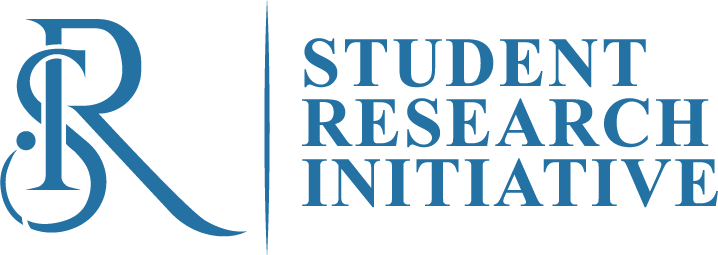Research Skills Development
Research Skills Development: Building a Strong Foundation for Academic Success
Developing robust research skills is essential for students and professionals alike. These skills enable individuals to conduct thorough investigations, critically analyze information, and present findings effectively. This guide will explore key research skills, their importance, and practical tips for enhancing them to ensure academic and professional success.
Critical Thinking and Analysis
Critical thinking is the ability to objectively evaluate information and arguments, identifying biases, assumptions, and logical fallacies. Analytical skills involve breaking down complex information into manageable parts to understand relationships and draw conclusions.
- Importance: Critical thinking and analysis are fundamental for interpreting research findings, developing sound arguments, and making informed decisions.
- Tips for Enhancement:
- Question assumptions and seek evidence for claims.
- Practice analyzing articles, case studies, and data sets.
- Engage in discussions and debates to refine your reasoning skills.
Academic Writing
Academic writing involves presenting research findings and arguments in a clear, structured, and formal manner. It includes writing research papers, essays, reports, and theses.
- Importance: Effective academic writing is crucial for communicating research insights and contributing to scholarly discourse.
- Tips for Enhancement:
- Read academic journals and articles to understand writing conventions.
- Practice writing abstracts, literature reviews, and research papers.
- Seek feedback from peers and mentors to improve clarity and coherence.
Research Design and Methodology
Research design refers to the overall strategy for conducting research, including selecting methods and procedures. Methodology encompasses the specific techniques used for data collection and analysis.
- Importance: A well-designed research plan ensures the study is systematic, valid, and reliable.
- Tips for Enhancement:
- Study different research methods and their applications.
- Develop research proposals outlining objectives, methods, and timelines.
- Participate in research projects to gain hands-on experience.
Information Literacy
Information literacy is the ability to locate, evaluate, and use information effectively. It involves identifying credible sources, understanding how to access databases, and discerning the quality of information.
- Importance: Information literacy is essential for conducting thorough literature reviews and ensuring the accuracy of research.
- Tips for Enhancement:
- Learn to use academic databases like PubMed, JSTOR, and
- Google Scholar.
Evaluate sources for credibility, relevance, and bias. - Keep abreast of new research and developments in your field.
Data Management
Data management involves organizing, storing, and maintaining data collected during research. It ensures data integrity, accessibility, and security.
- Importance: Proper data management facilitates efficient data analysis and ensures reproducibility and transparency in research.
- Tips for Enhancement:
- Use software tools for data management (e.g., Excel, SPSS, NVivo).
- Create a data management plan outlining data storage and backup procedures.
- Maintain detailed records of data collection and processing.
Presentation and Communication
Presentation and communication skills are crucial for sharing research findings with diverse audiences, including academic peers, stakeholders, and the public.
- Importance: Effective communication enhances the impact of research and facilitates knowledge dissemination.
- Tips for Enhancement:
- Practice presenting research findings using visual aids (e.g.,
- PowerPoint, posters).
Develop clear and engaging oral presentation skills. - Write concise summaries and abstracts to communicate key points.
Time Management and Organization
Time management involves planning and controlling how much time to spend on specific activities. Organizational skills help in structuring tasks and managing resources efficiently.
- Importance: Good time management and organizational skills ensure that research projects are completed on schedule and meet quality standards.
- Tips for Enhancement:
- Use tools like calendars, to-do lists, and project management software.
- Break tasks into smaller, manageable steps with specific deadlines.
- Prioritize tasks based on importance and urgency.
Conclusion
Developing strong research skills is a continuous process that involves critical thinking, effective communication, and efficient management of resources. By honing these skills, students and professionals can enhance their ability to conduct high-quality research, contribute to academic and professional fields, and achieve their goals. Embrace opportunities for practice, seek feedback, and remain curious and dedicated to lifelong learning in the pursuit of research excellence.
